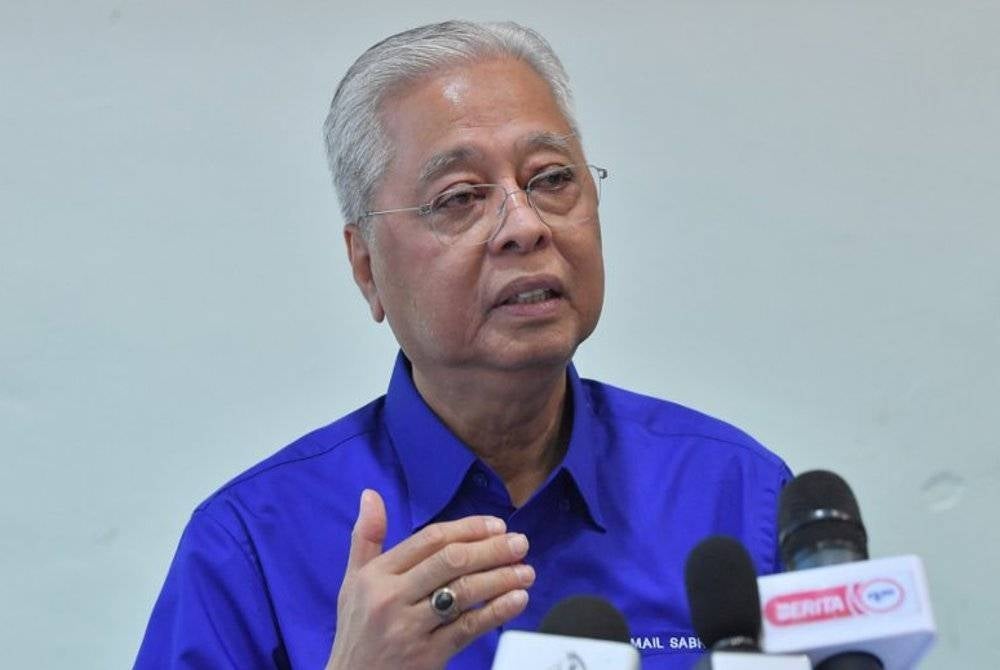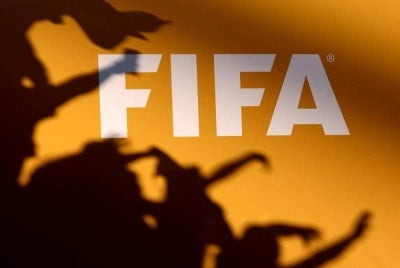Does the new 3R law restrict freedom of speech? - Ismail Sabri

KUALA LUMPUR - The proposal to introduce new laws related to religion, race, and the royal institution (3R) raises concerns about restricting freedom of speech, especially for the media, to provide the best reporting as they are the eyes and ears of the people for better governance by the government.
Former prime minister Datuk Seri Ismail Sabri Yaakob said that as a country that upholds democracy, freedom of speech is clearly stated in Article 10 of the Federal Constitution.
He said that this article states that freedom of speech, assembly, and association are fundamental liberties granted to citizens.
"Recently, the Minister in the Prime Minister's Department (Law and Institutional Reform), Datuk Seri Azalina Othman Said, said that the government will study the relevance of existing laws in line with current developments following an increase in provocative incidents involving 3R.
"The question is, do we need new laws related to 3R to be introduced?
"Will these new laws guarantee the freedom to continue speaking out and be free from government manipulation?" he said in his regular column 'Jalar Fikir' published in Utusan Malaysia today.
However, Ismail Sabri acknowledged that there is no absolute freedom, but existing laws are adequate to ensure public order is not threatened.
He said that several laws have been enacted even before independence to ensure that this freedom is not abused.
"In the context of freedom of speech in Malaysia, it is subject to the control of the Sedition Act 1948, Defamation Act 1957, Printing Presses and Publications Act 1984, Police Act 1967, Communications and Multimedia Act 1998, and several other acts, including the Penal Code.
"The government should be prepared to face a media explosion, especially through social media, which has given rise to groups such as influencers and cyber troopers.
"Today, we often hear social media accounts, including those of certain leaders, being blocked because they do not align with the government.
"This action restricts the right and freedom to speak out and is not appropriate at all. If there are elements of sedition or defamation that threaten public order, individuals involved will be brought before the court under existing laws," he said.
He added that in today's world, freedom of speech should be celebrated, but at the same time, it should be remembered that there is no absolute freedom. - AWANI
Download Sinar Daily application.Click Here!














